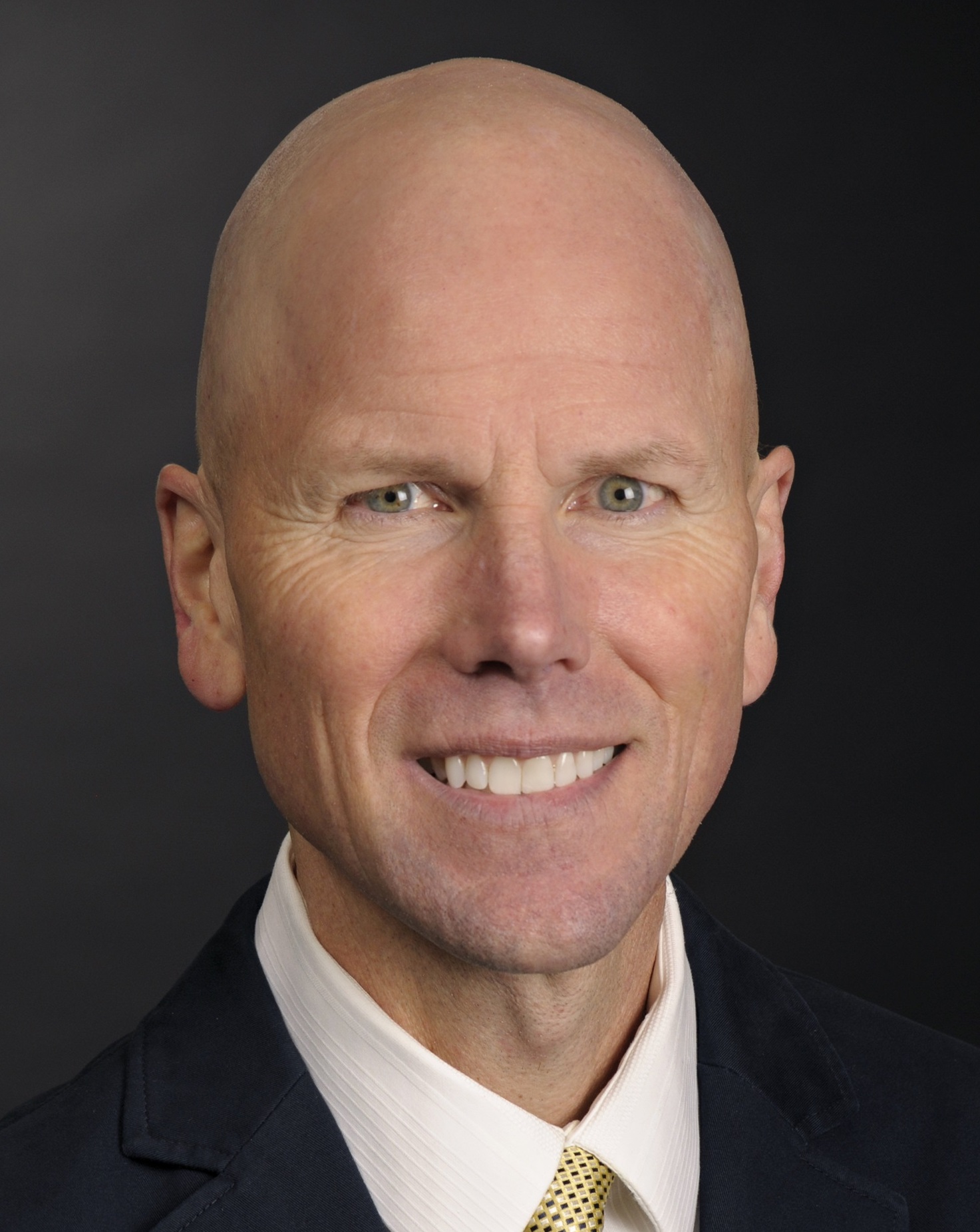Loyalty is a virtue that every employer embraces in its workers.
But in many cases, it is not a two-way street.
According to an Arizona State University academic, there can be harmful consequences for those who are too dependable.
In a new study, Christopher P. Neck, an associate professor at the W. P. Carey School of Business at ASU, found that faithful and reliable workers are sometimes targeted for unfair managerial practices in the contemporary workplace.
The study has been published in the Journal of Experimental and Social Psychology.
Neck is a co-principal investigatorMatthew L. Stanley from Duke University and Christopher B. Neck from West Virginia University were the two other principal investigators. on the study, “Loyal workers are selectively and ironically targeted for exploitation,” which examined several layers of organizational behavior toward individuals who are willing to make personal sacrifices for their jobs.
Neck spoke to ASU News about the study and what employees should know.
Christopher P. Neck
Question: What led you to conduct this study?
Answer: Most people think about loyalty as a positive moral trait or virtue that is worth cultivating and exemplifying. We venerate and celebrate people who show loyalty to their countries, families and organizations, and we want loyal people to be our friends, partners and employees. The scientific literature has been predominantly focused on the positive side of loyalty. This makes some sense given how we think about and talk about loyalty in our culture. But in taking this narrow focus, we suspected that we were missing a large part of the story regarding how loyalty works in the world.
There are lots of stories of workers feeling like their superiors take advantage of their loyalty. But nobody had systematically and empirically investigated whether this tends to be the case in the world.
Q: Loyalty seems to be a rare virtue in employees these days, so why are employees/managers exploiting the good ones?
A: I'm not sure we should assume that loyalty is rare these days. We just don't know much descriptively about workers’ loyalty to their organizations, co-workers and supervisors. But, based on our studies, it does seem like managers are more likely to target loyal workers because they expect them to sacrifice for the “good of the company.” This is built into what it means to be loyal in our culture. So, for example, if a manager needs something to get done quickly — perhaps requiring a lot of extra hours of work — they are more likely to pick out their subordinate who seems most willing to do it, even if it means that their subordinate is treated poorly.
Q: What are some examples, in your opinion, of exploitation?
A:
Q: Is there a question or litmus test employees can ask themselves if they are being taken advantage of?
A: Not really. There is a lot of complexity and nuance across cases. There is also an additional issue of severity. Sometimes people take advantage of others, but that taking advantage of is relatively minor and unimportant in the grand scheme of things. But there are other cases in which people take advantage of others and that taking advantage of is particularly harmful and egregious.
Top photo illustration courtesy of Pixabay.
More Business and entrepreneurship

ASU student team builds affordable prosthetics for pediatric use
Often, it’s the smallest among us who get overlooked. The first safety-focused car seats weren’t developed until the 1960s, and it wasn’t until later that decade that child-resistant pill bottles…

Love, learning and the algorithms of the heart
On a quiet day in 2003, a visiting doctoral student from Germany sat down for lunch with a nervous first-year PhD student at an Ethiopian restaurant in Tempe. Neither could have known that the meal…

Thunderbird at ASU launches reimagined hybrid master’s degree
Thunderbird School of Global Management at Arizona State University recently launched the Master of Leadership and Management (MLM) – Global Experience, a 30-credit-hour hybrid graduate program…

